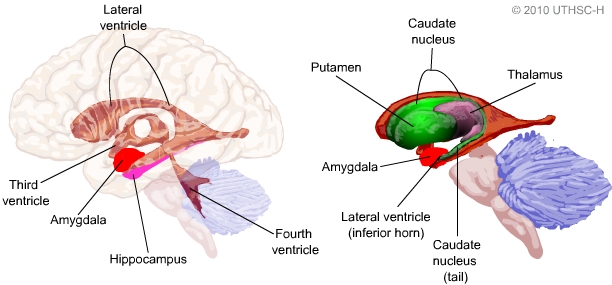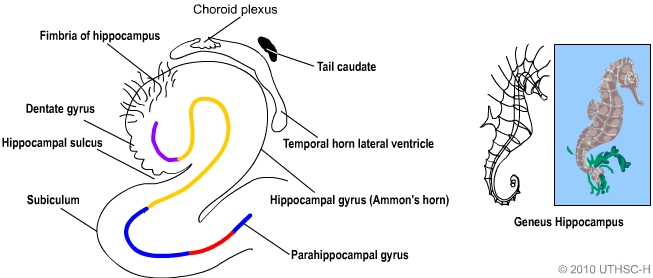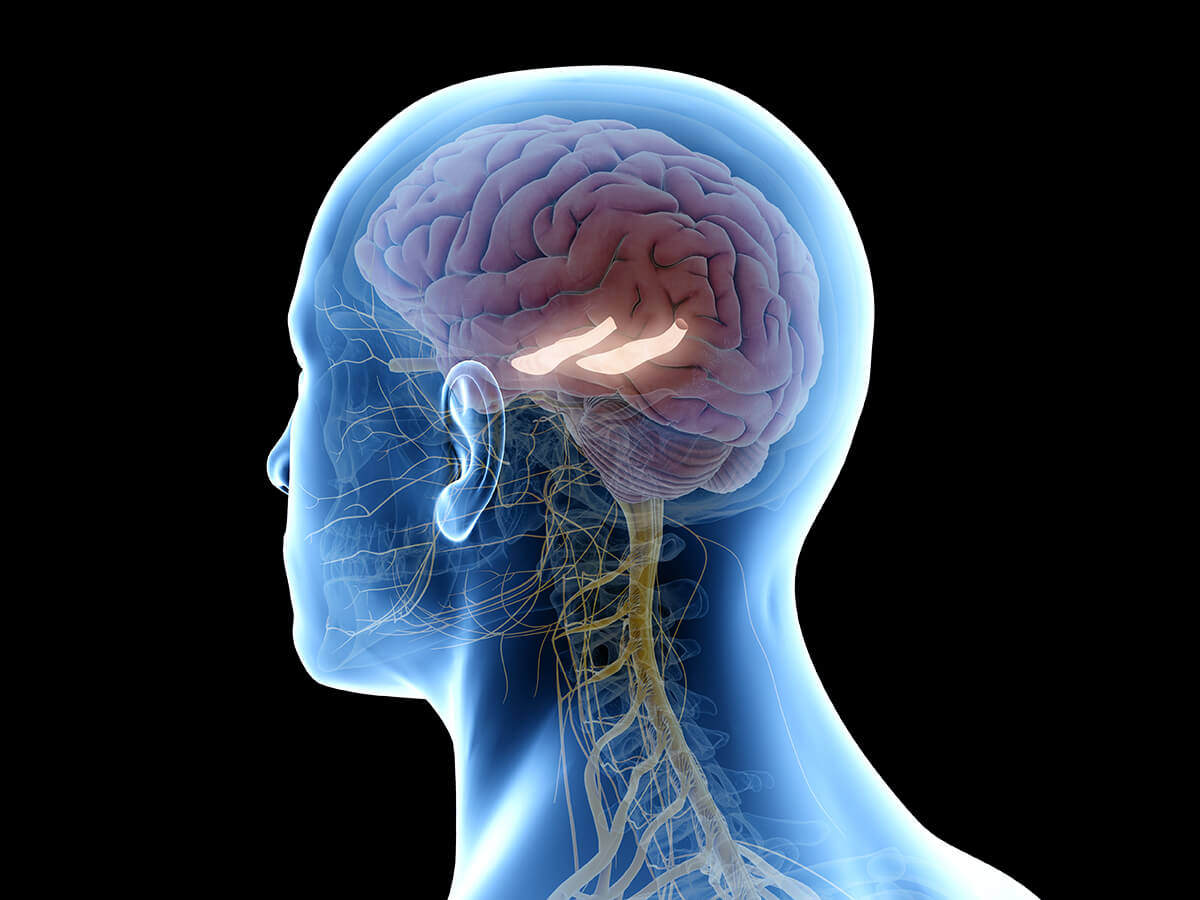Unlocking the Brain's Secrets: How Stress Shapes Our Mind and Emotions.
Join me on this enlightening journey, with a session between a mindset coach and a client.
In the whirlwind of life, there are moments when the unexpected happens, when the world seems to spin out of control, and our emotions take the reins, leaving us feeling overwhelmed and helpless.
It's during these times that stress can grip us tightly, clouding our thoughts, and steering us into turbulent waters. But fear not, for within this story lies the compass that will help you find your way back to calm waters and regain control over your thoughts and emotions.
Join me on this enlightening journey, with a session between a mindset coach and a client, as we unravel the intricate dance between our minds and the stress, and discover the path to taking charge of our emotional well-being again.
Let’s Start at the Beginning: The Meeting.
Mindset Coach: "Hello, and welcome. I'm delighted to meet you today."
Client: "Thank you. I've been looking forward to this session."
Mindset Coach: "Fantastic! Let's start by getting to know each other a bit. My name is Carl, and I'm here to support you on your journey towards a more empowered growth and confident mindset."
Client: "Nice to meet you, Carl. I'm Sarah, and I've been feeling a bit overwhelmed lately. I'm hoping you can help me find some clarity and control over my thoughts and emotions."
Mindset Coach: "Sarah, it's a pleasure to have you here. You've taken the first step towards positive change, and I'm here to guide you every step of the way. Before we dive into today's session, let's set the space for our conversation.
The Session Begins.
Please make yourself comfortable, ok, take a deep breath, and let go of any tension you might be carrying. This is a safe space where you can open up and explore the strategies that will help you regain control over your thoughts and emotions."
Client: "Thank you, Carl. I appreciate that."
Mindset Coach: "You're very welcome, Sarah. Remember, you're not alone on this journey. Together, we'll explore the tools and techniques that will empower you to navigate life's challenges with confidence. Are you ready to begin?"
Client: "Yes, I am."
Mindset Coach: "Great! Let's embark on this transformative journey together." What is it that is troubling you?
Client: "I've been feeling overwhelmed lately, and it's like my emotions are in the driver's seat, controlling everything. Is there a way to regain control over my thoughts and reactions?"
Mindset Coach: "Absolutely! It's essential to understand the inner workings of our brain, especially when it comes to handling stress and emotions. Today, I want to introduce you to three key players in your brain: The Amygdala (Amy), Hippocampus (Hippo), and Prefrontal Cortex (PFC). By the end of this session, you'll have a better grasp of how these brain regions influence your cognitive function and emotions, helping you navigate challenging situations with more awareness and control."
Client: "Tell me more, coach. I'm intrigued."
Mindset Coach: "Alright, let's dive in. Imagine your brain is like a high-tech control center, and these three key areas are its star employees: Amy, the silent guardian; Hippo, the messenger; and PFC, the decision-maker.
Amy is like your brain's early warning system. She's responsible for detecting potential dangers and triggering those gut feelings of fear or unease. The interesting thing about Amy is that she operates behind the scenes, in your subconscious. When you sense danger, Amy swiftly takes control, ensuring your survival without you even realizing it. It's all part of what we call procedural memory – things your brain knows how to do without conscious thought."
Client: "So, Amy is always looking out for danger?"
Mindset Coach: "Exactly! Amy never forgets a dangerous situation. She stores detailed memories, even the sights, sounds, and smells associated with those events. It's not the kind of memory we often think of, like recalling facts or events. It's more like a visceral memory that can be triggered by a familiar scent, instantly transporting you back in time.
Now, let's meet Hippo. Think of Hippo as Amy's partner in crime, but with a different role. Hippo is like the shock absorber for Amy, ensuring that the information gathered from Amy and other sources is processed correctly. It's the bridge between your unconscious and conscious mind. It takes all that data and moves it to the most critical part of your brain – the prefrontal cortex, or PFC for short."
Client: "What does the PFC do?"
Mindset Coach: Good question! The PFC is where you become 'you.' It's the part of your brain that makes you feel like an adult, where your sense of self comes together. It's the driver's seat of your mind, making conscious, thoughtful, and judgmental decisions. When Hippo delivers all that information to the PFC, it's like providing the context for your emotional and psychological responses.
This context is crucial because it helps you make judgments about whether something is genuinely a threat or not. It's like having a wise friend in your head, guiding you through life's twists and turns."
Client: "So, how does all this apply to those moments when I feel like I'm just reacting?"
Mindset Coach: Great question! Remember when I mentioned that Amy operates automatically? Well, here's the kicker: when Amy takes over, she temporarily shuts down the PFC. It's like putting your brain on autopilot. Those moments when you feel like you're just reacting, that's Amy at the wheel, ensuring your survival.
But Here's the Key Takeaway:
Understanding this process allows you to regain control. By becoming aware of how your brain functions under stress, you can start to recognize when Amy's in charge and take back the wheel, allowing your PFC to make more conscious decisions." Now, let's delve deeper into these key points:
Amy never forgets a dangerous situation: Your brain stores sensory memories linked to danger, not just verbal memories. Ever caught a whiff of a particular scent or heard a piece of music and suddenly felt transported back to a vivid memory? That's Amy at work, reminding you of past experiences to keep you safe.
Amy takes over and shuts down the PFC: In emergency situations, Amy's instincts kick in, and the PFC temporarily takes a back seat. It's essential to recognize these moments and practice techniques to regain control of your conscious mind.
Understanding these processes is the first step in gaining mastery over your reactions. As your mindset coach, I'll be here to guide you through exercises and strategies to help you take charge of your emotional responses and navigate life's challenges with confidence."
Client: "Thank you, coach. This insight is enlightening. I'm excited to work on regaining control of my thoughts and emotions."
Mindset Coach: "You're welcome! Remember, it's a journey, and I'm here to support you every step of the way. Together, we'll harness the power of Amy, Hippo, and PFC to create a mindset that empowers you to thrive in any situation.
The Session Comes to a Close
Mindset Coach: Our session has come to an end Sarah. I want to commend you for your openness and willingness to explore new perspectives. Remember that change takes time, and every step forward is a victory. As you leave here today, I want you to carry with you a newfound sense of clarity and control over your thoughts and emotions."
Client: "Thank you, Carl. I already feel like I've gained valuable insights. I can't wait to start applying these strategies in my life."
Mindset Coach: "I'm thrilled to hear that, Sarah. Always remember, I'm just a phone call or email away if you ever need guidance or support between our sessions. You've got this, and I believe in your ability to create a mindset that empowers you."
Client: "Thank you for your support, Carl. I'm looking forward to our next session."
Mindset Coach: "Likewise, Sarah. Until then, take good care of yourself and embrace the journey ahead. You're on the path to a more confident and resilient you."
As Sarah leaves, she carries with her a newfound sense of hope and determination, ready to face life's challenges with a fresh perspective and a stronger mindset.
Introduction to the Limbic System
Limbic is a Latin term which means border. Like the familiar word “limbo”, it means an intermediate or transitional state, which is a border. In this case, the border is between the neocortex and the subcortical structures (diencephalon).
The limbic system includes the hippocampal formation, amygdala, septal nuclei, cingulate cortex, entorhinal cortex, perirhinal cortex, and parahippocampal cortex. These last three cortical areas comprise different portions of the temporal lobe. (Some experts would also include parts of the hypothalamus, thalamus, midbrain reticular formation, and olfactory areas in the limbic system.)
Amygdala - General Considerations
Amygdala is the integrative center for emotions, emotional behavior, and motivation. If the brain is turned upside down the end of the structure continuous with the hippocampus is called the uncus. If you peel away uncus you will expose the amygdala which abuts the anterior of the hippocampus. Just like with the hippocampus, major pathways communicate bidirectionally and contain both efferent and afferent fibers.
Inputs to the Amygdala
Fibers carrying inputs to the amygdala are in virtually all cases combined with fibers carrying outputs from the amygdala.The amygdala receives inputs from all senses as well as visceral inputs.
Since the amygdala is very important in emotional learning it is not surprising that visceral inputs are a major input source. Visceral inputs come from the hypothalamus, septal area, orbital cortex, and parabrachial nucleus. Olfactory sensory information comes from the olfactory bulb. Auditory, visual and somatosensory information comes from the temporal and anterior cingulate cortices. You can find out everything about the Amygdala on the Neuroscience online website.
Hippocampus
The term hippocampal formation typically refers to the dentate gyrus, the hippocampus proper (i.e., cornu ammonis), and the subicular cortex. A hippocampal formation is located in the temporal lobe of each cerebral cortex, medial to the inferior horn of the lateral ventricle.
Hippocampus means seahorse in Greek. Each hippocampus looks like a seahorse due to the way it is folded during development.
The hippocampus is also called cornu ammonis. Ammon was an Egyptian god, near whose temple ammonia or the salt of Ammon was prepared. The hippocampus is also called Ammon’s Horn because the two hippocampi bend around in the form of the horns of a ram. You can find out everything about the Hippocampus on the Neuroscience online website.
Prefrontal Cortex (PFC)
The prefrontal cortex (PFC) is the cerebral cortex covering the front part of the frontal lobe. This brain region has been implicated in planning complex cognitive behavior, personality expression, decision making, and moderating social behaviour.
The basic activity of this brain region is considered to be orchestration of thoughts and actions in accordance with internal goals. The most typical psychological term for functions carried out by the prefrontal cortex area is executive function.
Executive function relates to abilities to differentiate among conflicting thoughts, determine good and bad, better and best, same and different, future consequences of current activities, working toward a defined goal, prediction of outcomes, expectation based on actions, and social “control” (the ability to suppress urges that, if not suppressed, could lead to socially unacceptable outcomes).
The frontal cortex supports concrete rule learning, while more anterior regions along the rostral-caudal axis of the frontal cortex support rule learning at higher levels of abstraction.
Conclusion:
In our exploration of the intricate workings of the human brain and its response to stress, we've uncovered a world of fascinating insights. Understanding the roles played by Amy, Hippo, and the prefrontal cortex can empower us to take charge of our emotional responses and regain control when life's challenges loom large.
Remember, our emotions need not be the puppet masters of our thoughts and actions. Armed with knowledge and a commitment to self-awareness, we can navigate the stormy seas of life with the confidence of a seasoned captain.
Thank you for joining me on this journey of self-discovery and growth. I hope these insights and strategies will serve as your compass, guiding you towards a more balanced, resilient, and empowered mindset. As you apply these principles to your life, may you find greater peace, clarity, and the ability to steer your own course, even in the face of adversity.
Thank you for reading. Here's to your continued growth and success on the path to mastering your mind and emotions.
Developed by Carl Dunn - Mindset Mind Coaching.
09/09/2023




